9 Best Herbal Creams For Hyperpigmentation
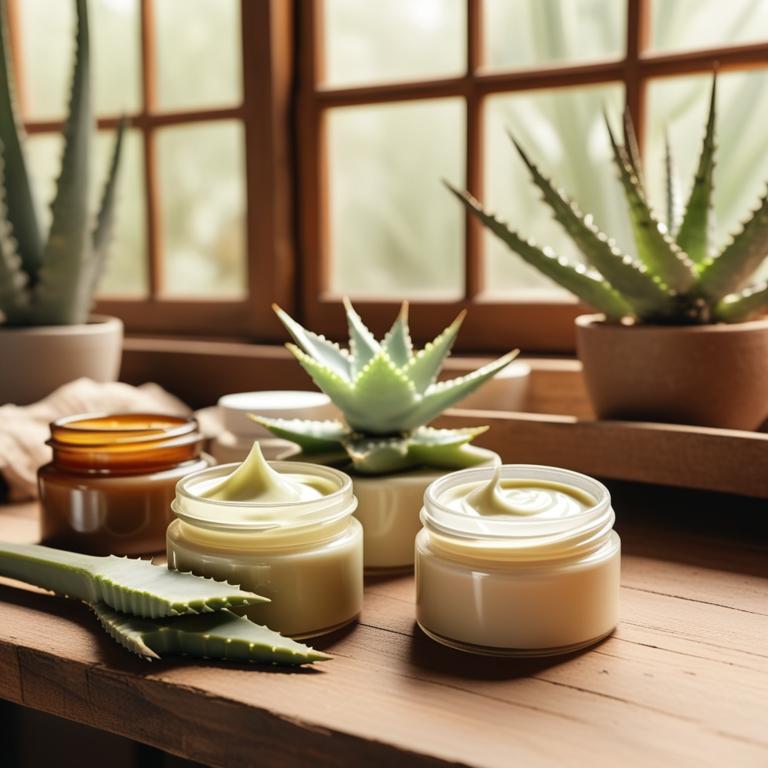
Herbal creams for Hyperpigmentation are topical treatments made from plant extracts that help to reduce the appearance of dark spots and uneven skin tone.
These creams are beneficial in treating hyperpigmentation as they are rich in antioxidants and have anti-inflammatory properties, which help to soothe and calm the skin, reducing the appearance of hyperpigmentation.
Examples of herbal creams used to treat hyperpigmentation include turmeric cream, which contains curcumin that has potent antioxidant and anti-inflammatory properties, licorice root cream, which has anti-inflammatory and skin-whitening properties, and aloe vera cream, which has soothing and moisturizing properties that help to calm and hydrate the skin.
Additionally, other herbal creams such as chamomile, lavender, and green tea creams are also used to treat hyperpigmentation due to their anti-inflammatory and antioxidant properties that help to reduce the appearance of dark spots and promote even skin tone.
According to the study, creams for hyperpigmentation containing jujube syrup, a complex of herbal extracts including Z. jujuba, may be effective in reducing the number and area of pigmentation on the face, as the jujube syrup group showed a significant reduction in pigment counts, pigmented area, and percentages compared to the placebo group.
Below there's a list of the 9 best herbal creams for hyperpigmentation.
- 1. Aloe barbadensis creams
- 2. Ruscus aculeatus creams
- 3. Curcuma longa creams
- 4. Ginkgo biloba creams
- 5. Camellia sinensis creams
- 6. Hypericum perforatum creams
- 7. Cassia alata creams
- 8. Cymbopogon citratus creams
- 9. Silybum marianum creams
Also you may be interested in...
TODAY'S FREE BOUNDLE
Herb Drying Checklist + Herbal Tea Shopping List + Medicinal Herbs Flashcards
Enter you best email address below to receive this bundle (3 product valued $19.95) for FREE + exclusive access to The Aphotecary Letter.
$19.95 -> $0.00
1. Aloe barbadensis creams
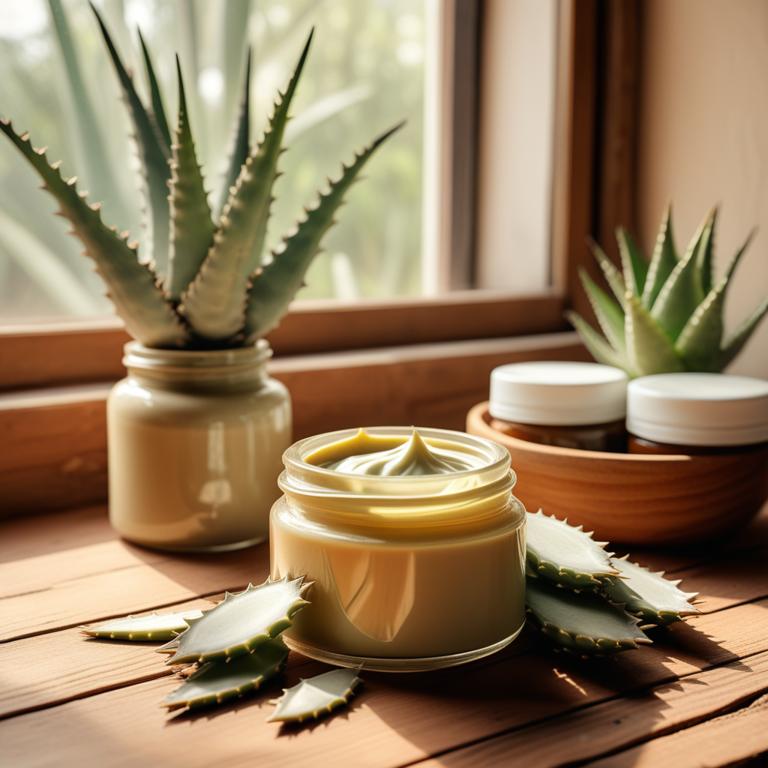
Aloe barbadensis creams have been widely used to treat hyperpigmentation due to their rich properties that help to reduce skin discoloration.
The anti-inflammatory and antioxidant properties of Aloe barbadensis creams help to treat hyperpigmentation by soothing the skin, reducing inflammation, and preventing further damage to the skin.
The bioactive constituents of Aloe barbadensis creams, including aloin, aloe-emodin, and vitamins A, C, and E, play a crucial role in treating hyperpigmentation by inhibiting the production of melanin and promoting cell turnover.
The benefits of using Aloe barbadensis creams to treat hyperpigmentation include reduced skin darkening, improved skin texture, and a more even skin tone, making it a popular natural remedy for this common skin concern.
2. Ruscus aculeatus creams
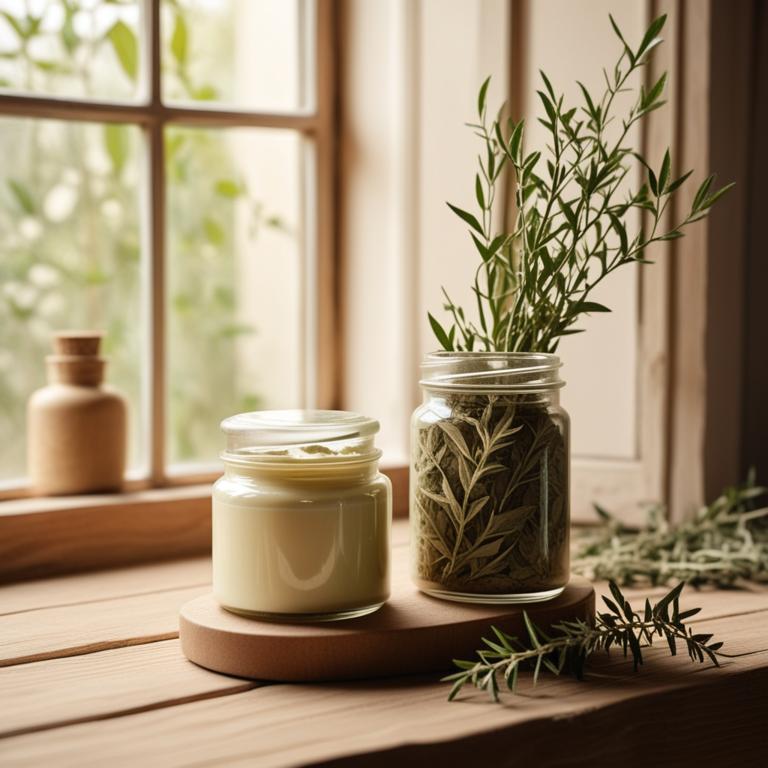
Ruscus aculeatus creams have been traditionally used to treat hyperpigmentation, a condition characterized by the darkening of skin due to excessive melanin production.
The properties of Ruscus aculeatus creams that help to treat this ailment include their ability to inhibit the activity of melanin-producing enzymes and reduce inflammation in the skin.
Bioactive constituents such as flavonoids, alkaloids, and saponins present in Ruscus aculeatus creams are responsible for their therapeutic effects, which help to lighten skin tone and improve skin texture.
The benefits of using Ruscus aculeatus creams to treat hyperpigmentation include reduced appearance of dark spots, improved skin clarity, and a more even skin tone, making them a popular natural remedy for this common skin condition.
3. Curcuma longa creams
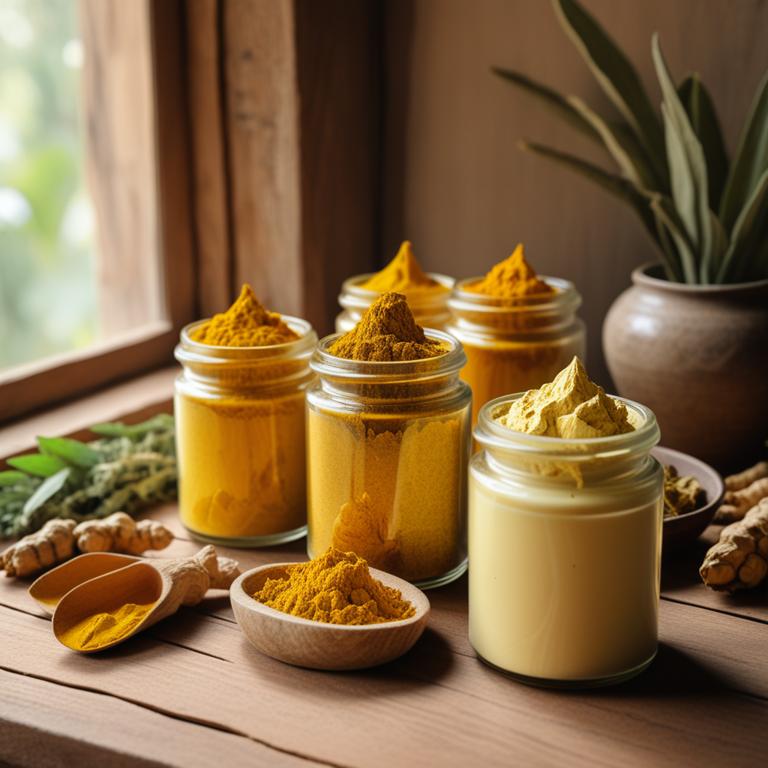
Curcuma longa creams have been gaining attention for their potential in treating hyperpigmentation, a common skin condition characterized by uneven skin tone and dark spots.
The herbal preparation's properties, including its antioxidant and anti-inflammatory effects, help to reduce melanin production and promote even skin tone.
The bioactive constituents of Curcuma longa, such as curcumin and demethoxycurcumin, have been shown to inhibit the activity of tyrosinase, an enzyme responsible for melanin production, thereby helping to treat hyperpigmentation.
Regular use of Curcuma longa creams has been reported to provide benefits such as reduced appearance of dark spots, improved skin texture, and enhanced overall skin tone.
Related Study
According to "Veterinary research communications", Curcuma longa creams for hyperpigmentation may be effective, as encapsulated Curcuma longa extracts in Ethosome showed improved efficacy in wound healing, suggesting potential benefits for skin hyperpigmentation.
4. Ginkgo biloba creams
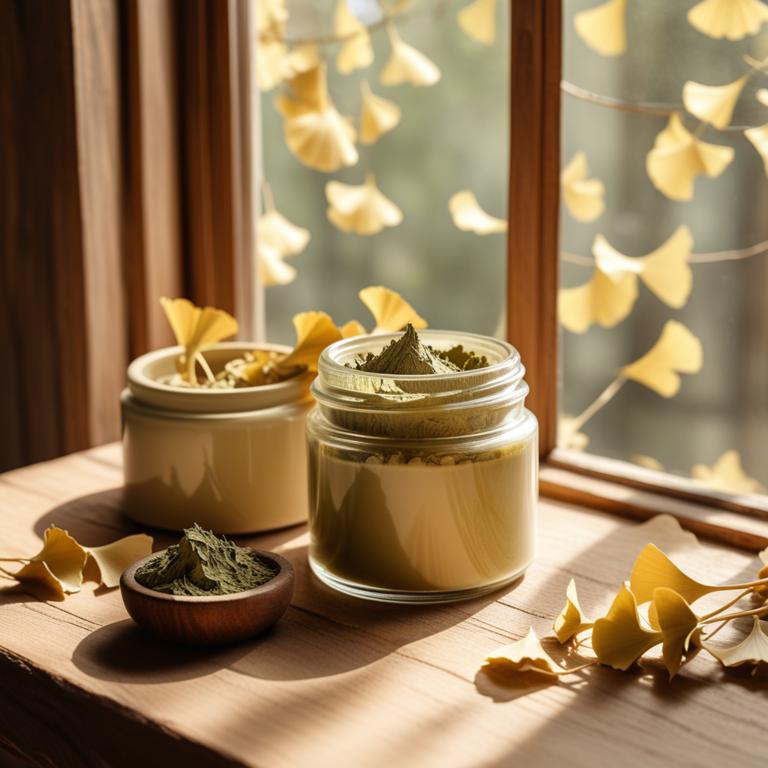
Ginkgo biloba creams have been increasingly used to treat hyperpigmentation, a condition characterized by uneven skin tone and dark spots.
The herbal preparation's antioxidant and anti-inflammatory properties help to reduce oxidative stress and inflammation that can contribute to hyperpigmentation.
The bioactive constituents of Ginkgo biloba, including flavonoids and terpenoids, have been shown to inhibit the activity of tyrosinase, an enzyme involved in melanin production, thereby helping to reduce the appearance of dark spots.
By using Ginkgo biloba creams, individuals can benefit from improved skin tone, reduced appearance of hyperpigmentation, and enhanced overall skin health.
5. Camellia sinensis creams
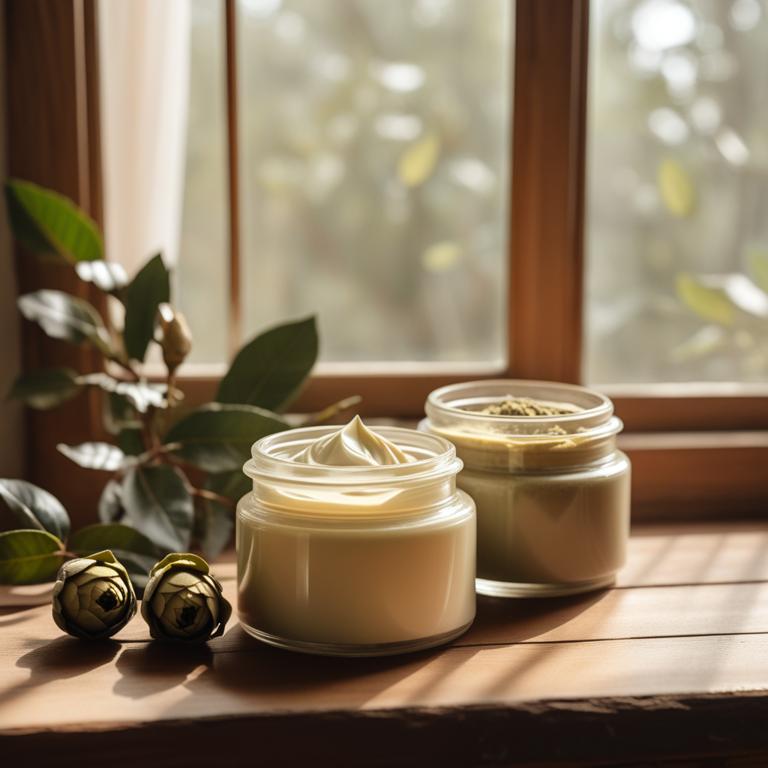
Camellia sinensis creams are a popular herbal preparation used to treat hyperpigmentation, a common skin condition characterized by dark spots and uneven skin tone.
The antioxidant and anti-inflammatory properties of Camellia sinensis creams help to reduce the appearance of hyperpigmentation by inhibiting the production of melanin, the pigment responsible for skin darkening.
The bioactive constituents, including theaflavins and thearubigins, present in these creams, have been shown to exhibit potent antioxidant and anti-inflammatory activities, thereby facilitating the treatment of hyperpigmentation.
Regular use of Camellia sinensis creams can provide several benefits, including improved skin texture, reduced appearance of dark spots, and enhanced overall skin radiance.
Related Study
According to "Current pharmaceutical biotechnology", Camellia sinensis creams for hyperpigmentation utilize bioactive compounds such as phenols and flavonoids, derived from this medicinal plant, to inhibit tyrosinase and treat conditions associated with excessive melanin production.
6. Hypericum perforatum creams

Hypericum perforatum creams, derived from the St. John's Wort plant, have been traditionally used to treat hyperpigmentation due to their potent antioxidant, anti-inflammatory, and photoprotective properties.
The bioactive constituents of Hypericum perforatum, including hyperforin and hypericin, help to inhibit the production of melanin, thus reducing the appearance of hyperpigmentation.
These creams also exhibit excellent skin penetration capabilities, allowing the active compounds to effectively target and treat the affected skin areas.
Regular application of Hypericum perforatum creams can lead to significant improvements in skin tone and texture, as well as reduced appearance of dark spots and hyperpigmentation.
7. Cassia alata creams

Cassia alata creams are a traditional herbal preparation used to treat hyperpigmentation, a common condition characterized by the appearance of dark spots on the skin.
The properties of Cassia alata creams, rich in antioxidants and flavonoids, help to reduce the production of melanin, thereby fading the dark spots and evening out skin tone.
The bioactive constituents of Cassia alata creams, including kaempferol and quercetin, exhibit anti-inflammatory and antioxidant activities, which contribute to their effectiveness in treating hyperpigmentation.
The benefits of using Cassia alata creams to treat hyperpigmentation include improved skin texture, reduced appearance of dark spots, and a more even skin tone, making it a popular natural remedy for this condition.
8. Cymbopogon citratus creams
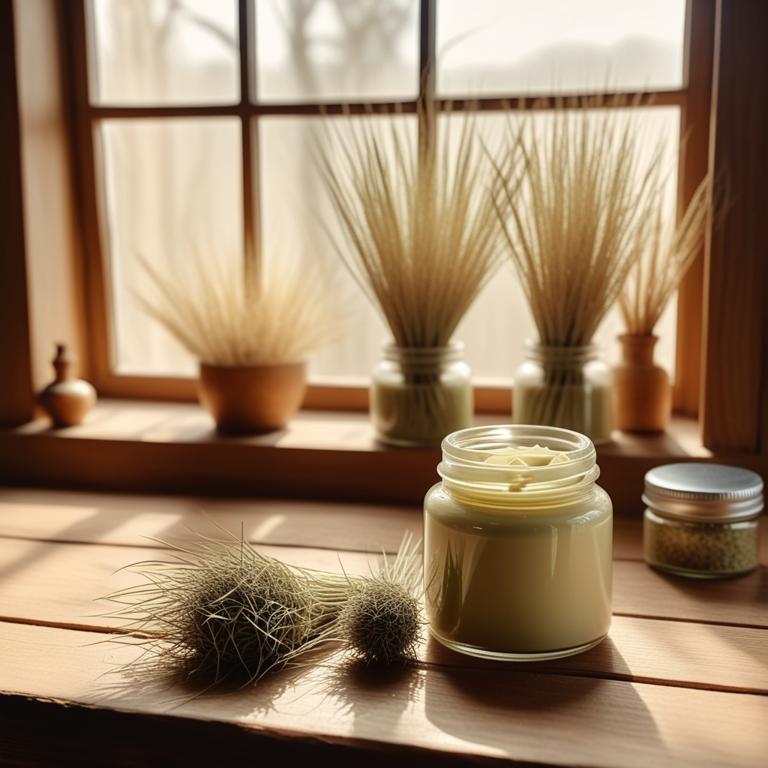
Cymbopogon citratus creams, derived from the tropical grass known as lemongrass, have been traditionally used to treat hyperpigmentation, a condition characterized by the formation of dark spots on the skin.
The anti-inflammatory and antioxidant properties of Cymbopogon citratus creams help to reduce inflammation and prevent further damage to the skin, thereby promoting even skin tone.
The bioactive constituents, including limonene, citral, and geraniol, possess potent antioxidant and anti-inflammatory activities that contribute to their therapeutic effects in hyperpigmentation.
By reducing melanin production and inhibiting the activity of enzymes involved in melanin synthesis, Cymbopogon citratus creams can effectively lighten and even out skin tone, providing a natural and non-invasive solution to hyperpigmentation.
9. Silybum marianum creams
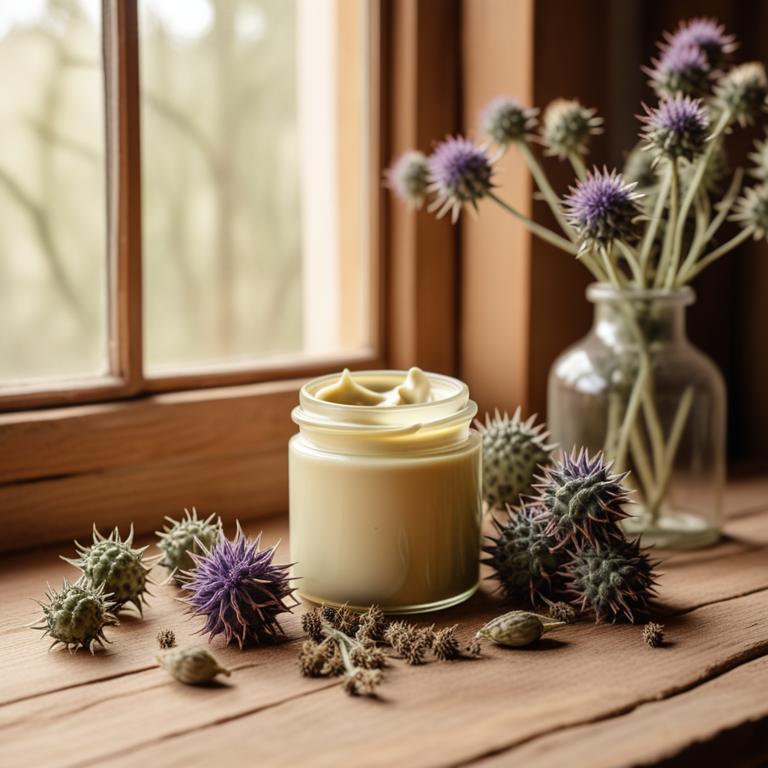
Silybum marianum creams, derived from the milk thistle plant, have been traditionally used to treat hyperpigmentation due to their potent antioxidant and anti-inflammatory properties.
The bioactive constituents of Silybum marianum, including silymarin and flavonoids, help to inhibit the production of melanin, reducing the appearance of hyperpigmentation and promoting even skin tone.
By reducing oxidative stress and inflammation, Silybum marianum creams also help to repair damaged skin and prevent further hyperpigmentation, resulting in a more radiant and even complexion.
The benefits of using Silybum marianum creams to treat hyperpigmentation include improved skin texture, reduced appearance of dark spots, and a more even tone, making it a popular natural remedy for this common skin condition.